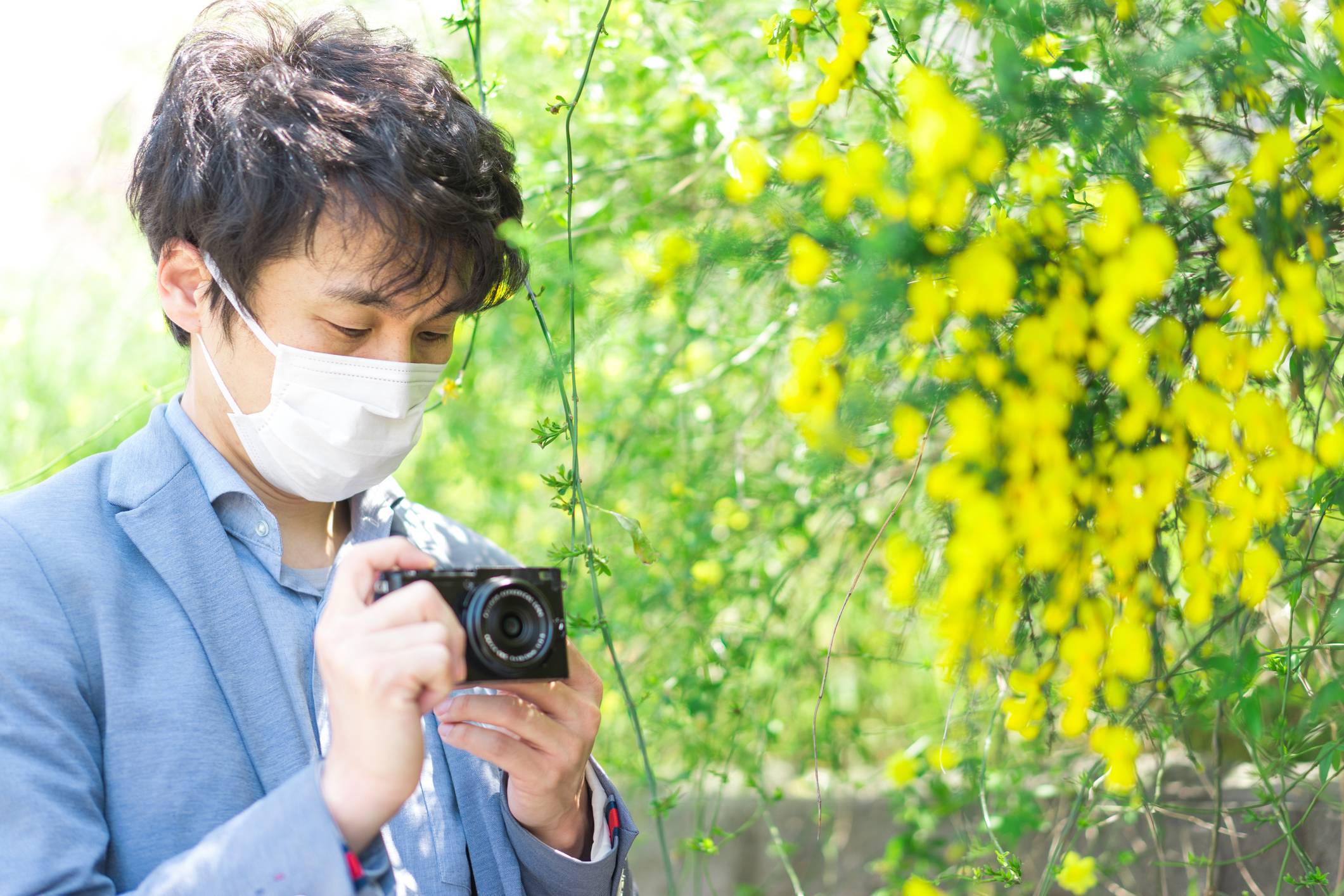Throughout extended periods of quarantine and social distancing, we’ve all wondered about whether or not an age of coronavirus is the right time to take up a new hobby, write a novel or finally master Japanese. Maybe it’s just better to 諦める (akirameru, give up) and dive into Netflix along with some occasional stress-baking.
Studying Japanese can feel like an immense task, well beyond the undertaking of a typical 趣味 (shumi, hobby) or 興味 (kyōmi, interest). Health.com says that healthy hobbies include パンを作る (pan o tsukuru, to bake/make bread), 日記を書く (nikki o kaku, to keep a journal/diary), 手編み (teami, knitting) and 写真撮影 (shashin satsuei, photography). Google search term trends reveal that people during the pandemic have been most likely テレビを見る (terebi o miru, to watch TV), 本を読む (hon o yomu, to read books) and 運動する (undō suru, to work out). But maybe you’re looking for something more to pass the long, lonely hours.
It gets down to the question of whether or not our free time at home should be productive. There’s no exact word in Japanese for productivity, but in a business context 生産性がいい (seisansei ga ii, to be productive) does the trick, and in a personal context, 成果を上げる (seika o ageru, to yield results). Unfortunately, 日本語の勉強が全く成果を上げていない (Nihongo no benkyō ga mattaku seika o agete-inai, my study of Japanese is completely unproductive).



